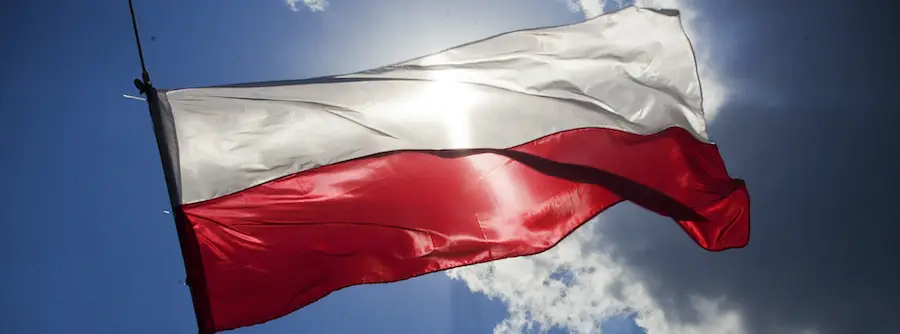Polish Government Wants Info on Users who Visit Unauthorized Gambling Sites

A Polish watchdog group is raising the alarm over government plans to create a central database of forbidden websites and then compel local internet service providers (ISPs) to turn over data related to who attempted to access those sites and who was successful in doing so.
The Panoptykon Foundation published a piece on Tuesday describing the government’s plan to give four agencies the power to create a “central register” of websites deemed to be hosting illegal content, including websites that offer unauthorized online gambling.
The Ministry of Finance, Polish Financial Supervision Authority, Chief Sanitary Inspector and Ministry of Infrastructure will all be able to add websites to the database and order ISPs to block them. According to Panoptykon, blocking access to certain websites will be an arbitrary decision made by officials at those government agencies.
Monitoring Internet Users?
While lamentable, the use of internet censorship to block access to unauthorized gambling websites is not unheard of. What’s especially concerning regarding this case in particular is that the government may claim authority to see who has attempted to access blocked websites and who has been able to bypass the blockade.
The Chief Sanitary Inspector (along with the MF, PFSA and MI) want to be able to see this information under the guise of verifying whether or not ISPs are fulfilling their obligations to block access to restricted websites. Naturally, the government wants to ensure its internet blockades are working, but the way in which they’ll go about doing this will leave users’ privacy in tatters.
According to Panoptykon, representatives of the telecommunications sector have said the government’s plan will lead to users being identified on an individual basis. Panoptykon is concerned with the privacy implications (which are major) and what such a program could lead to in the future, but the concerns are more immediate for Polish gamblers.
Poland is one of a few countries with gambling laws that target individual players for accessing unauthorized gambling websites. In 2014, the Ministry of Finance announced that it would begin targeting individual players who participated in unlawful online gambling and already had the information of 24,000 such players.
What happened to those players or whether they were ever prosecuted remains unclear to this day, but it showed the government does take the issue seriously. If the government is able to not only block access to Polish betting sites, but also see who has attempted to access such websites, it may open the door to more player-focused prosecutions.
Poland’s internet blocking scheme has been challenged by international operators and freedom-minded opponents every step of the way, but to little success. Just last week, Poland’s Provincial Administrative Court upheld the government’s use of internet censorship to block access to websites placed on a blacklist.
The blacklist now includes nearly 2,400 domains of gambling-related websites that local ISPs are forced to block. According to EuropeanGaming.eu, a group of unidentified online gambling operators argued that the Ministry of Finance acted illegally by adding their names to the blacklist without so much as a court order.
The Court sided with the government on the basis that amendments to Polish gaming law have been submitted to and approved by the European Commission. Therefore, the Ministry of Finance is acting within the confines of established, accepted law in adding websites to the blacklist as it sees fit.

Wes Burns has more than a decade’s worth of experience as a writer, researcher, and analyst in the legal online betting industry and is co-founder of OnlineBettingSites.com. Wes approaches his work from the viewpoint of players.






